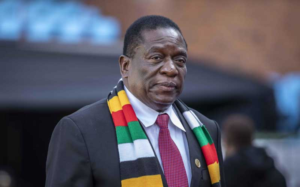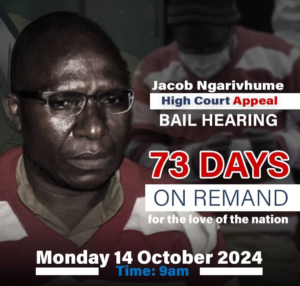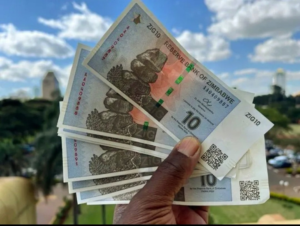POLITICAL INTRIGUE IN ZIMBABWE: THE MYSTERIOUS RECALL OF MUNYARADZI KUFAHAKUTIZWI
In a dramatic twist of events in Zimbabwe’s political arena, activist Sengezo Tshabangu’s actions have stirred up controversy and confusion. Initially, Mabvuku-Tafara legislator Munyaradzi Kufahakutizwi was not included in Tshabangu’s list of main opposition CCC MPs to be recalled. This fact was confirmed by Tshabangu both in and out of court. However, the situation took an unexpected turn when Kufahakutizwi, who was not disqualified in the High Court’s recent by-election ruling, sought court confirmation to ensure his participation in the by-elections.
Surprisingly, Tshabangu opposed Kufahakutizwi’s court bid, marking a significant volte-face. Sources close to Tshabangu, including former MP Albert Mhlanga and activist Mbuso Siso, suggested to the media that Tshabangu had been influenced by external forces in Harare. Allegedly, these ‘political hyenas’ from Harare, including Zanu PF and state security agents, manipulated Tshabangu to expand his target beyond specific individuals in Bulawayo to inflict maximum damage on the CCC.
This development raises critical questions about the integrity of the political processes in Zimbabwe. The sudden addition of Kufahakutizwi’s name to Tshabangu’s list and the subsequent opposition to his court bid suggest underlying political machinations. The involvement of Harare’s political players hints at a broader strategy to weaken the opposition, using Tshabangu as a tool in their political maneuvering.
The situation in Mabvuku-Tafara, now clouded by these dubious actions, calls into question the legitimacy of the by-elections and the overall democratic process. The case of Munyaradzi Kufahakutizwi becomes a focal point in understanding the complexities and challenges faced by opposition parties in Zimbabwe’s tumultuous political landscape. As the story unfolds, it becomes increasingly important to scrutinize the actions and motivations of those involved in this political drama, and to consider the implications for Zimbabwe’s democratic integrity.



